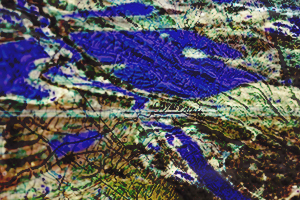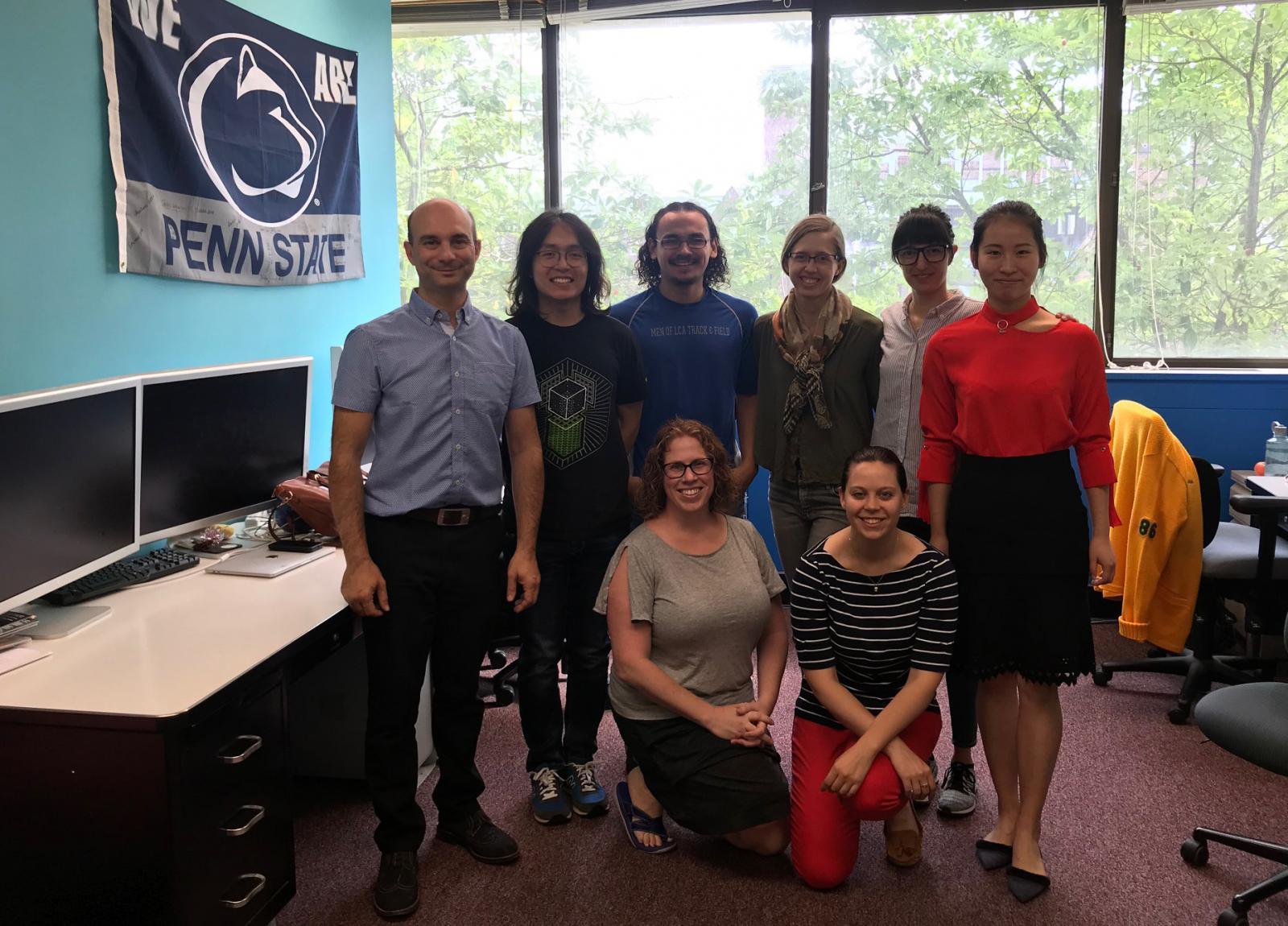Geospatial data, including geocomputation, remote sensing, and visualization, are central to the challenges and opportunities for science and society that Big Data provide. Geospatial big data derive from a rapidly expanding array of sources that include sensors (satellites, UAV-mounted cameras, distributed sensors monitoring water chemistry, air quality, energy consumption, and more within smart cities); GPS enabled devices (in vehicles, smart phones, wildlife collars, and even ones small enough to mount on migrating songbirds); Citizen Science efforts producing volunteered geospatial data; address-linked public health records; and through geoparsing of place references in text and speech. These data sources present major challenges to existing GIScience approaches and technologies that new scientific advances must overcome.
MENU




